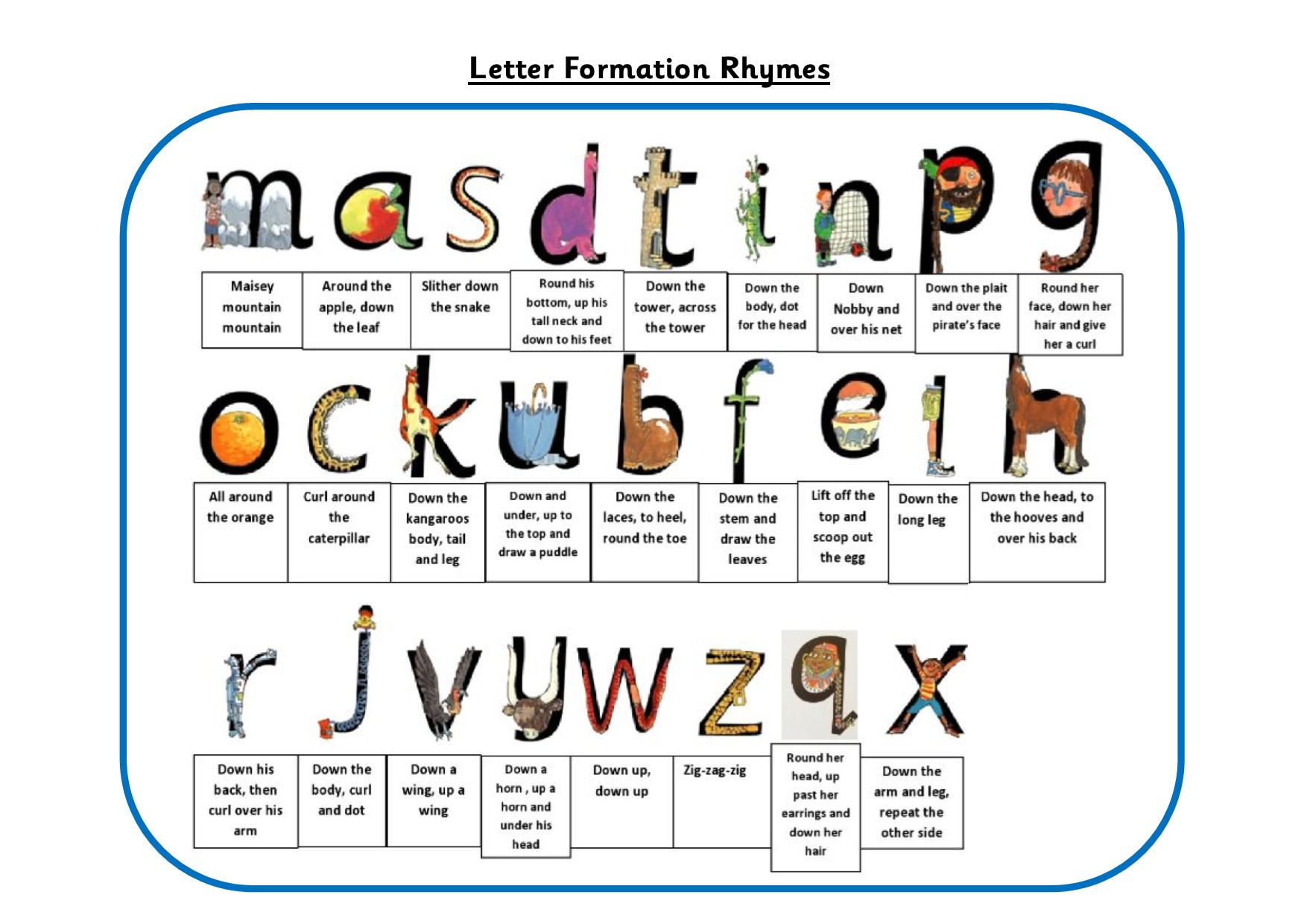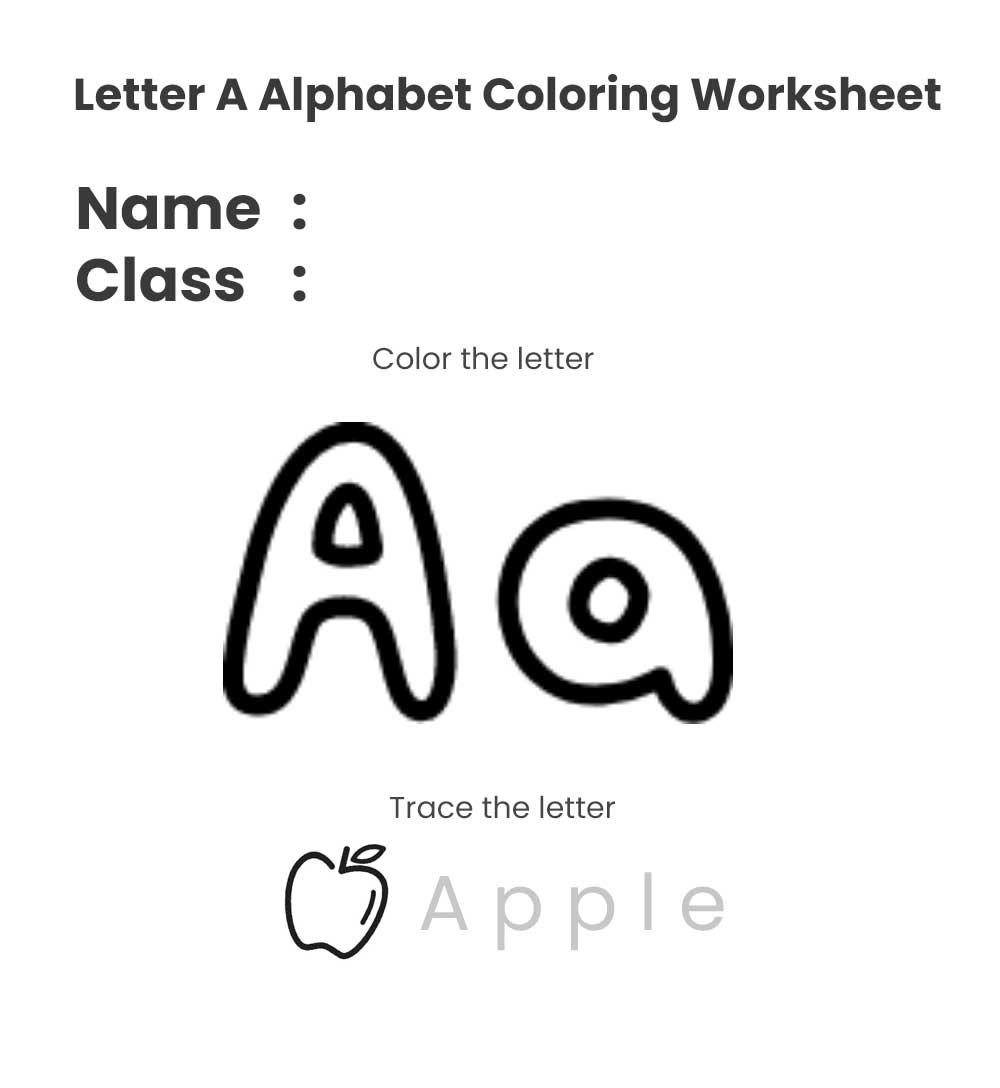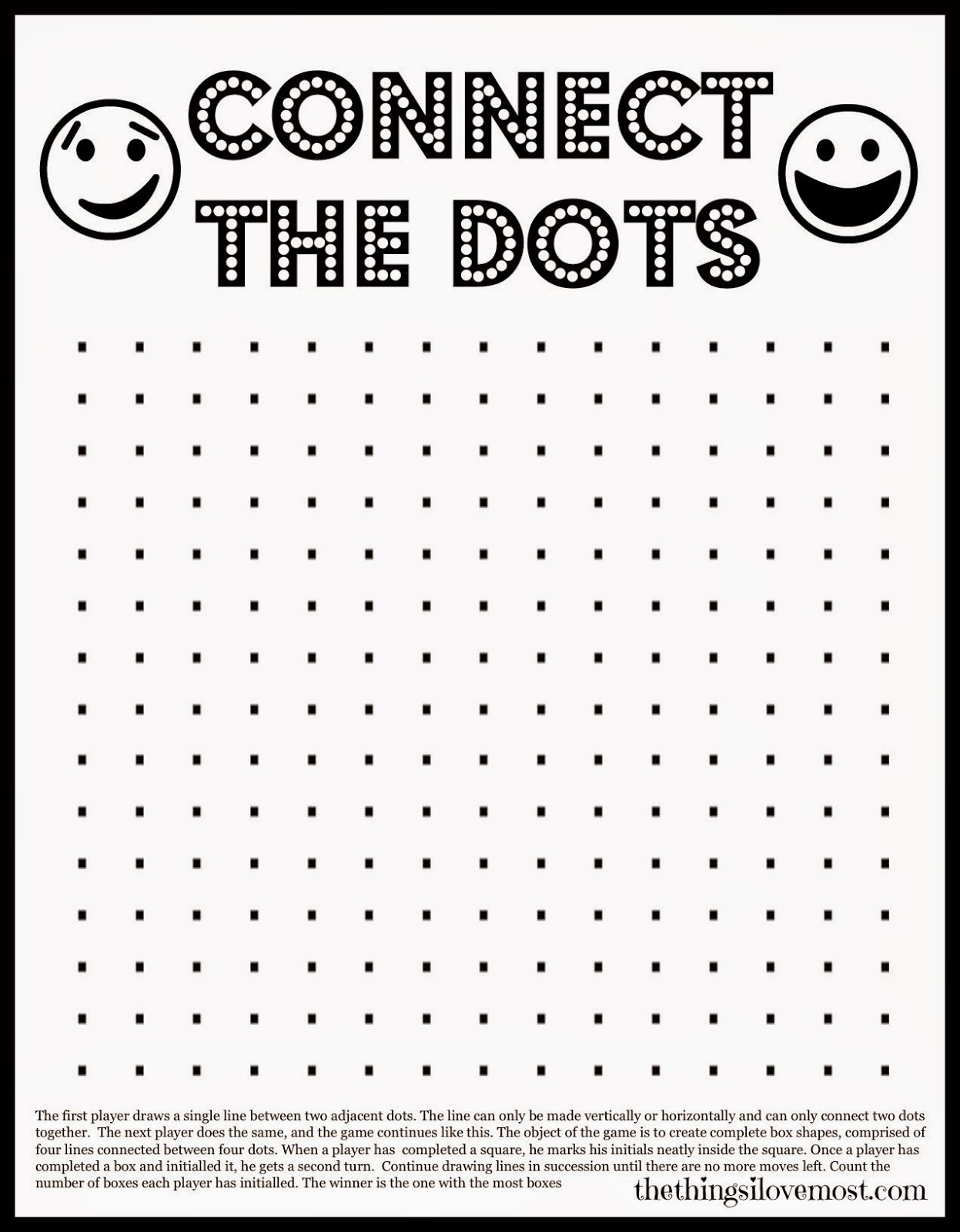Phonics games fun kindergarten kids learning read activities preschool vowel hands sounds make teach reading letter playdoughtoplato readers teaching digraphs
Table of Contents
Table of Contents
If you’re looking for a way to teach your child how to read, using phonics games for children is a great way to make learning fun. Phonics games can help your child develop crucial skills like phonemic awareness, letter recognition, and decoding, all while having fun. In this blog post, we’ll explore the benefits of using phonics games to teach your child how to read.
While teaching your child how to read can be a rewarding experience, it’s not always easy. Children can get easily frustrated with the process and may not be motivated to learn. That’s where phonics games come in. By making learning fun and interactive, phonics games can help your child stay engaged and motivated while they learn. Plus, research has shown that using games in education can be highly effective in reinforcing learning and improving academic performance.
The target of using phonics games for children is to help them learn how to read, with a focus on developing phonemic awareness, letter recognition, and decoding skills. These skills are crucial for early reading success and can help your child become a confident and proficient reader. By using phonics games, children can learn these skills in a fun and engaging way.
To sum up, phonics games for children are a fun and effective way to teach your child how to read. By using games, you can help your child develop important skills while keeping them engaged and motivated. Plus, they’ll have a blast playing educational games and will be more likely to retain what they learn.
Why Phonics Games are Important
Phonics games for children are important because they help children develop crucial early reading skills. These skills form the foundation for reading and are essential for your child’s future academic success. By using games to teach these skills, children are more likely to enjoy the learning process and retain what they learn.
Personally, I’ve seen the benefits of using phonics games with my own child. Not only does my child love playing educational games, but I have noticed a significant improvement in their reading skills since we started using them. Plus, it’s a great way for me to bond with my child and make learning fun.
If you’re looking for some great phonics games to try with your child, some popular options include “Phonics Bingo,” “Rhyme Time,” and “Word Family Sort”. These games are easy to set up and will provide hours of educational fun for your child.
The Benefits of Using Phonics Games for Children
There are many benefits to using phonics games for teaching children how to read. For starters, games are a fun and interactive way to engage children in the learning process. Children are more likely to pay attention and retain information when they’re having fun. Additionally, using games to teach phonics can increase children’s motivation to learn and build their confidence as readers.
Another benefit of using phonics games is that it allows children to learn at their own pace. Children can play games individually or with others, and they can continue playing until they’ve mastered a skill. This allows them to build their skills over time and without feeling rushed or pressured.
One more benefit of using phonics games for children is that they can help children develop a love of learning. By incorporating fun and engaging games into their education, children can develop a positive attitude towards learning that can carry over into their academic careers.
Phonics Game Example
 One great phonics game that children can play is “Phonics Memory”. The game involves matching a picture of a word to the corresponding word. For example, a picture of a car would be matched with the word “car”. This game helps children develop phonemic awareness and letter recognition skills.
One great phonics game that children can play is “Phonics Memory”. The game involves matching a picture of a word to the corresponding word. For example, a picture of a car would be matched with the word “car”. This game helps children develop phonemic awareness and letter recognition skills.
Conclusion
Phonics games for children are an effective and enjoyable way to teach your child how to read. By using games to teach phonics, you can help your child develop crucial early reading skills, build their confidence, and make learning fun. So why not give it a try and see the benefits for yourself?
Question and Answer about Phonics Games for Children
Q: What age group is best suited for phonics games?
A: Phonics games are best suited for children between the ages of 4 to 8 years old. This is the age range when children are developing their phonemic awareness and letter recognition skills, making it the perfect time to introduce phonics games.
Q: Can phonics games be used for children with learning difficulties?
A: Yes! Phonics games can be adapted to meet the needs of children with learning difficulties. For example, you can modify the game by adding visual aids or using simpler words. By adapting the game to meet your child’s needs, they can still benefit from the fun and interactive learning experience.
Q: How often should phonics games be played?
A: Phonics games can be played as often as you’d like! It’s a good idea to play a variety of games to keep your child engaged and to reinforce different skills. You can play games daily or a few times a week, depending on your child’s interests and learning needs.
Q: Can I create my own phonics games?
A: Absolutely! Creating your own phonics games can be a fun and creative way to teach your child how to read. You can tailor the game to meet your child’s interests and learning needs, making it a highly effective and engaging learning experience.
Gallery
Phonics Games For Kindergarten Free - Phonics Worksheets Kindergarten

Photo Credit by: bing.com / phonics cvc games4esl train flashcard
Phonics Games - The Happy Learner

Photo Credit by: bing.com / phonics games game pirate
English For Kids Step By Step: Phonics Game
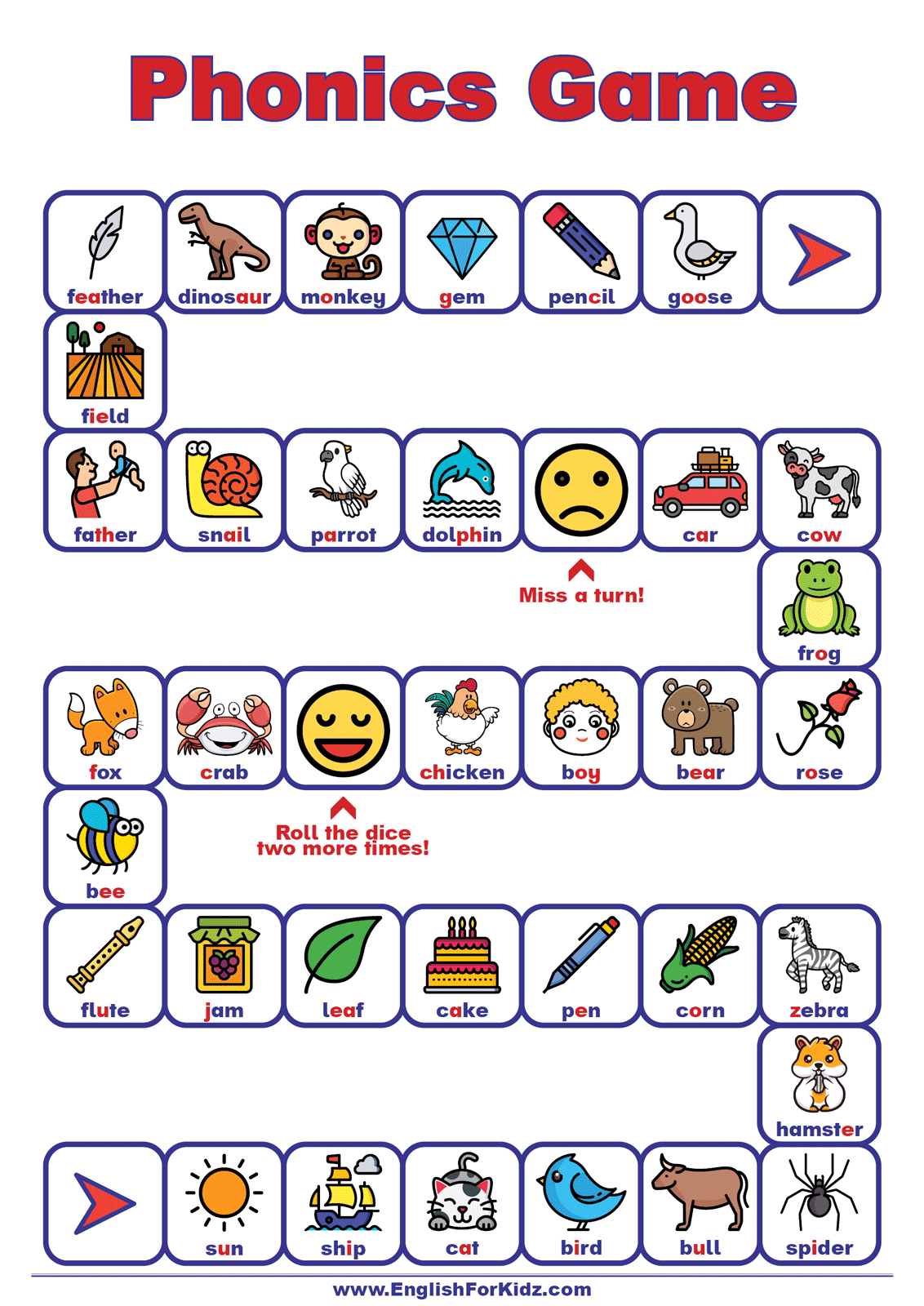
Photo Credit by: bing.com / phonics
Phonics Games Online 1St Grade - Free Beginning Sounds Phonics Game

Photo Credit by: bing.com / phonics playdoughtoplato vowel sight
Phonics Games That Make Learning To Read Fun - Playdough To Plato
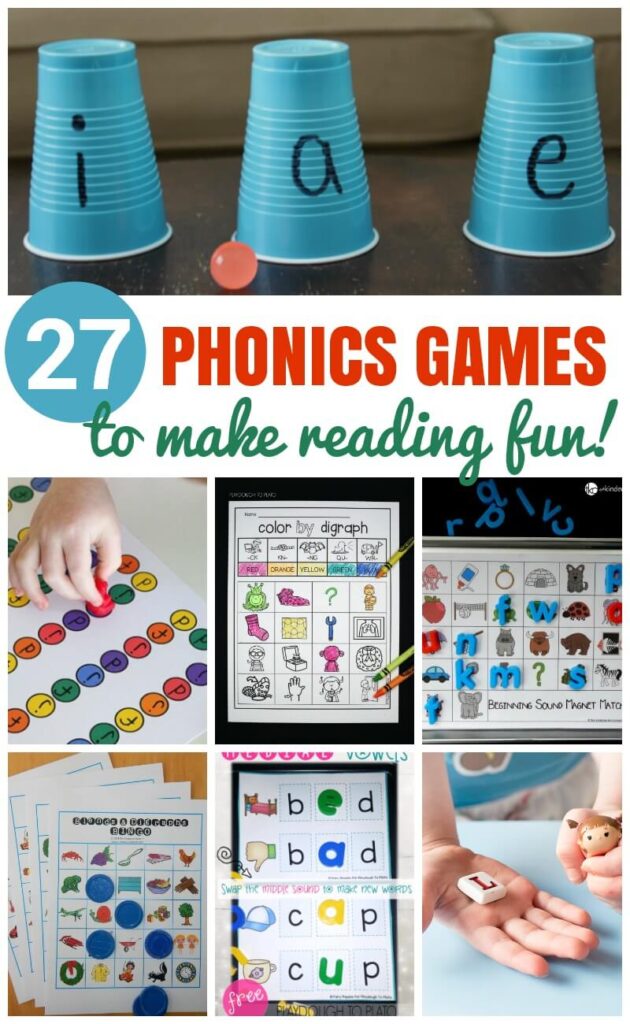
Photo Credit by: bing.com / phonics games fun kindergarten kids learning read activities preschool vowel hands sounds make teach reading letter playdoughtoplato readers teaching digraphs
